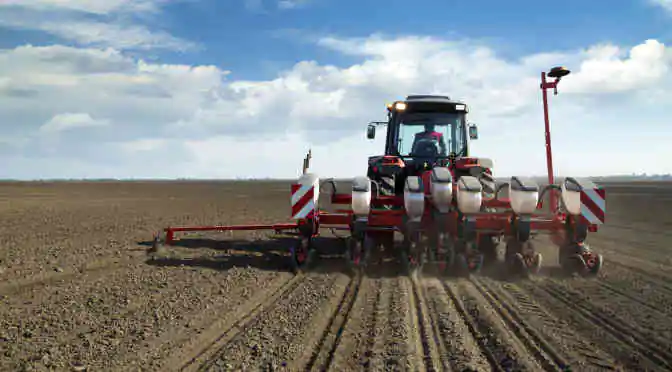The decline in arable land, sprawling cities with huge populations, escalating consumption of food, and insufficient energy sources, all these constraints signify the phenomenal challenges faced by farmers and vendors in the agricultural industry. Plus, joining the list of concerns is a rise in the number of health issues on a global scale, thanks to the abundant and indiscriminate use of chemical pesticides, and the consumer’s growing awareness of the same. Agrochemical companies are dedicated to improving the harvest size, yet their solutions aren’t eco-friendly.
Though agrochemicals are widely adopted to accelerate the production of crops, it has an adverse effect on the environment as well as human health. Some of the common diseases linked with agrochemicals are cancer, diabetes, autism, Alzheimer’s, and asthma.
The constraints for the agrochemical companies concerns with the development of safe and eco-friendly substitutes such as organic pesticides and bio farming. Additionally, agrochemicals also tend to accumulate on the land surface and contaminate the ground water, rendering itself a long term ecological hazard.
Agrochemicals market is looking at innovations as the growth enabler
Despite these critical challenges, the untapped regional markets and high potential in emerging economies deliver profound growth opportunities for vendors in the global agrochemicals market. The introduction of cutting-edge, innovative programs in recent times has promoted the efficient use of agrochemicals and educated about steps to reduce its disastrous effects. These techniques include, Integrated Pest Management (IPM) and bio pesticides.
With the systemic resistance and proper operational design, IPM creates an inhospitable environment for pests. IPM is an integration of multiple control methods involving inspection, monitoring, and reporting with the pesticide being only introduced when it is assumed to be most effective during a pest’s life cycle.
Pesticides derived from natural materials like plants, bacteria, fungi, and certain minerals are known as bio pesticides. Their toxicity level is usually lesser than conventional pesticides. For instance, canola oil and baking soda are used as bio pesticides because they have pesticidal properties.
The biopesticide market in the US is expected to grow at an impressive CAGR for the next five years, thanks to the minimal entry barriers, eco-friendly nature, demand for quality and non-chemically treated food, and increasing health awareness among the consumers.
Strategize better with the help of market insights
The global agrochemicals market is extremely competitive and dominated by large-scale vendors like Agrium, Bayer, DuPont, Syngenta, and Yara. These players have vast geographical presences with numerous production facilities spread across the world.
As the industry is becoming more and more competitive, having appropriate knowledge pertaining to the concerns and preferences of clients has become a prerequisite for companies in the agrochemical business. Technavio’s market research report is the best way to understand the factors that affect the global agrochemicals industry and to elevate productivity and profitability alongside customer satisfaction.



